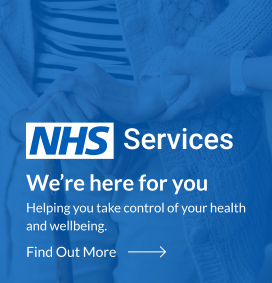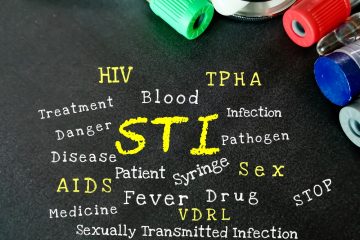
The Emergency Contraceptive Pill, also known as the Morning After Pill, is the last resort for reducing the risk of unplanned pregnancy. The Morning After Pill is readily available on prescription and over the counter in most local pharmacies or from your doctor.
The Morning After Pill is a form of emergency contraceptive that can prevent unwanted pregnancy after unprotected sex by delaying ovulation and potentially preventing fertilization.
Here are 7 facts about the emergency contraceptive pill:
1. The Emergency Contraceptive Pill is not an abortion pill.
The morning after pill reduces the risk of unwanted pregnancies by delaying ovulation and preventing fertilization, but it does not end a pregnancy.
2. The Morning After Pill can be very effective if used correctly.
For the pill to have maximum effectiveness, it’s recommended to take the pill as soon as possible after unprotected sex.
3. There are different types of Morning After Pills.
There are a variety of emergency pills with the main ones being Levonelle and EllaOne. Although these emergency contraceptives work in similar ways, they differ in some ways.
- Levonelle can be taken within 72 hours of unprotected sex.
- EllaOne can be taken within five days of unprotected sex.
4. This emergency contraceptive pill is designed for emergencies.
This pill is not an effective form of primary contraception and should only be used as a last resort.
5. The Morning After Pill may have side effects.
Taking the emergency contraceptive pill may cause some light side effects that are generally not serious, and they should pass within a few days.
Some of the common Morning After Pill side effects include:
- Nausea
- Stomach Aches
- Headaches
- Irregular Periods
6. There are other forms of emergency contraceptives.
Other types of emergency contraceptives also exist and they are not just limited to the form of pills. For example, the Intrauterine Device (IUD), if inserted within five days of unprotected sex, can be very effective at preventing unplanned pregnancies.
7. Morning After Pills are not 100% effective.
There is always a chance that the pill did not work, and you might still be at risk of pregnancy. It’s recommended to take a pregnancy test if you do not get your period three weeks after taking the pill.
If you require the Morning After Pill, then contact your local GP for advice, or contact West Chemist to begin your online or in-person consultation. West Chemist provides Emergency Contraception services in Northampton.






1 Comment
Which birth control options are best for you? > West · September 6, 2022 at 11:39 am
[…] a condom and taking pills is best for you. Some pills must be taken daily, whereas some should be taken for just a week. […]
Comments are closed.